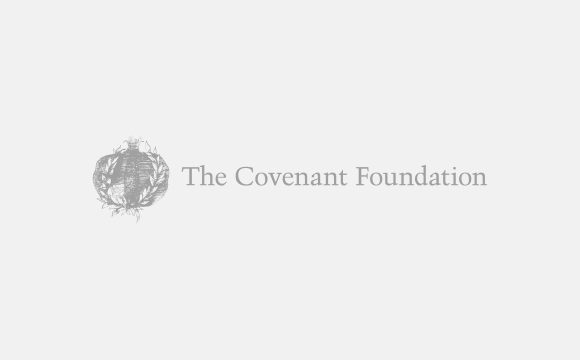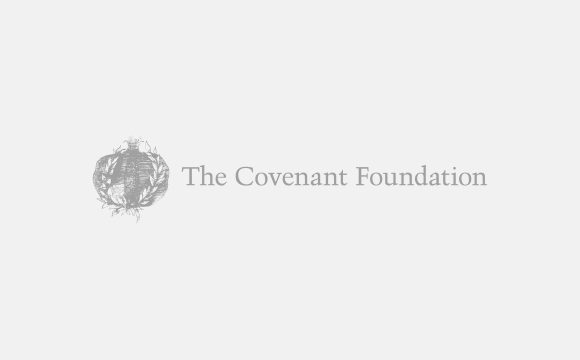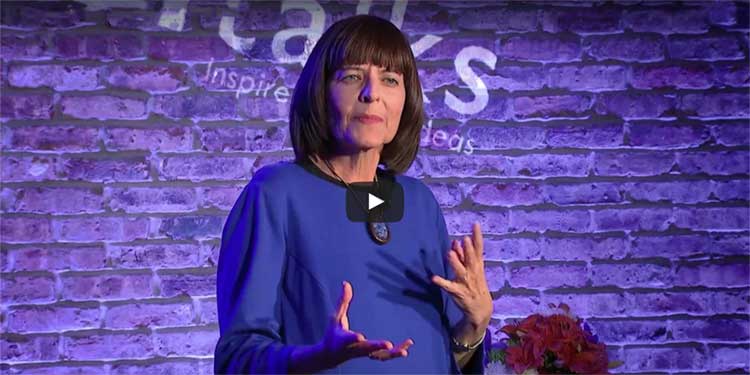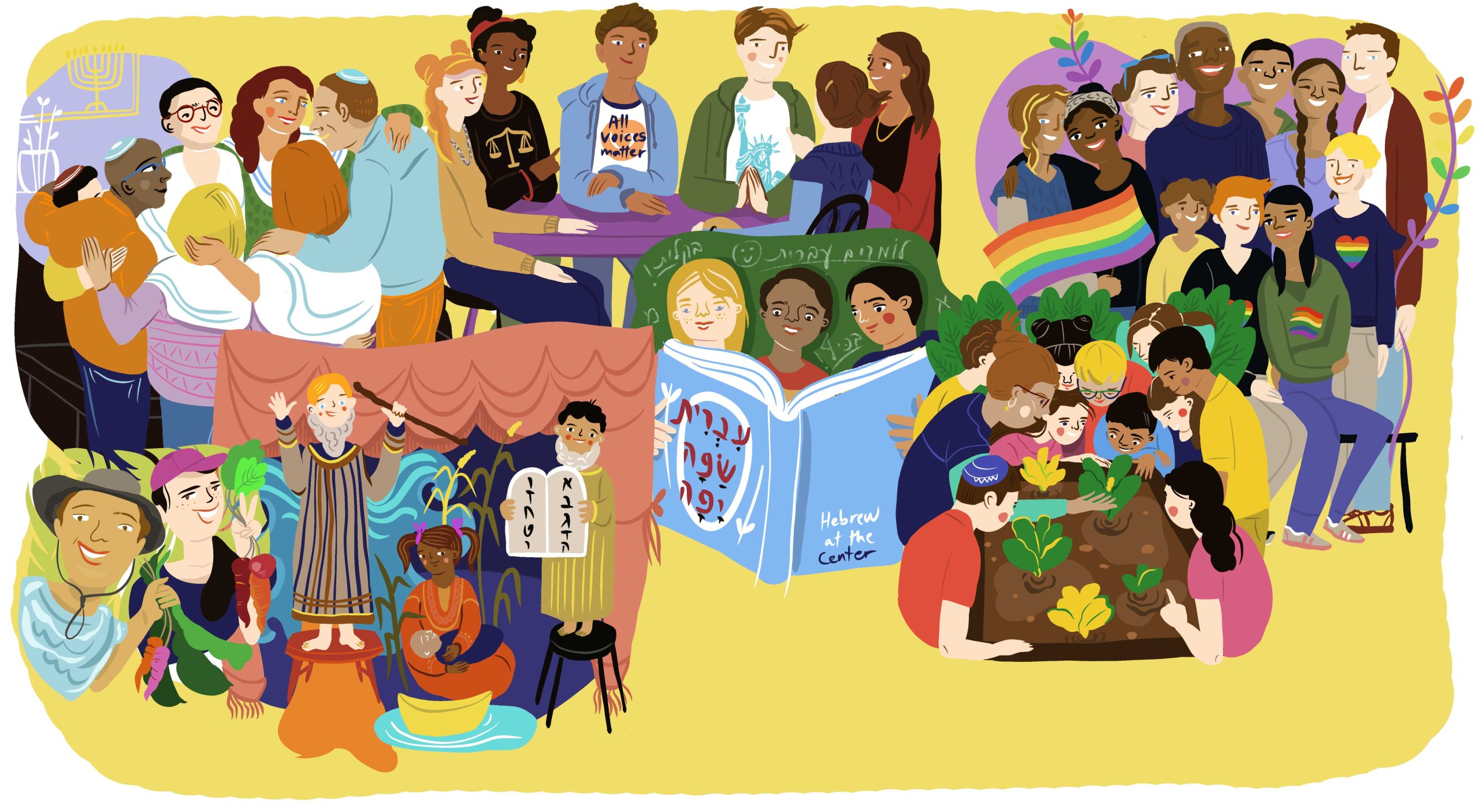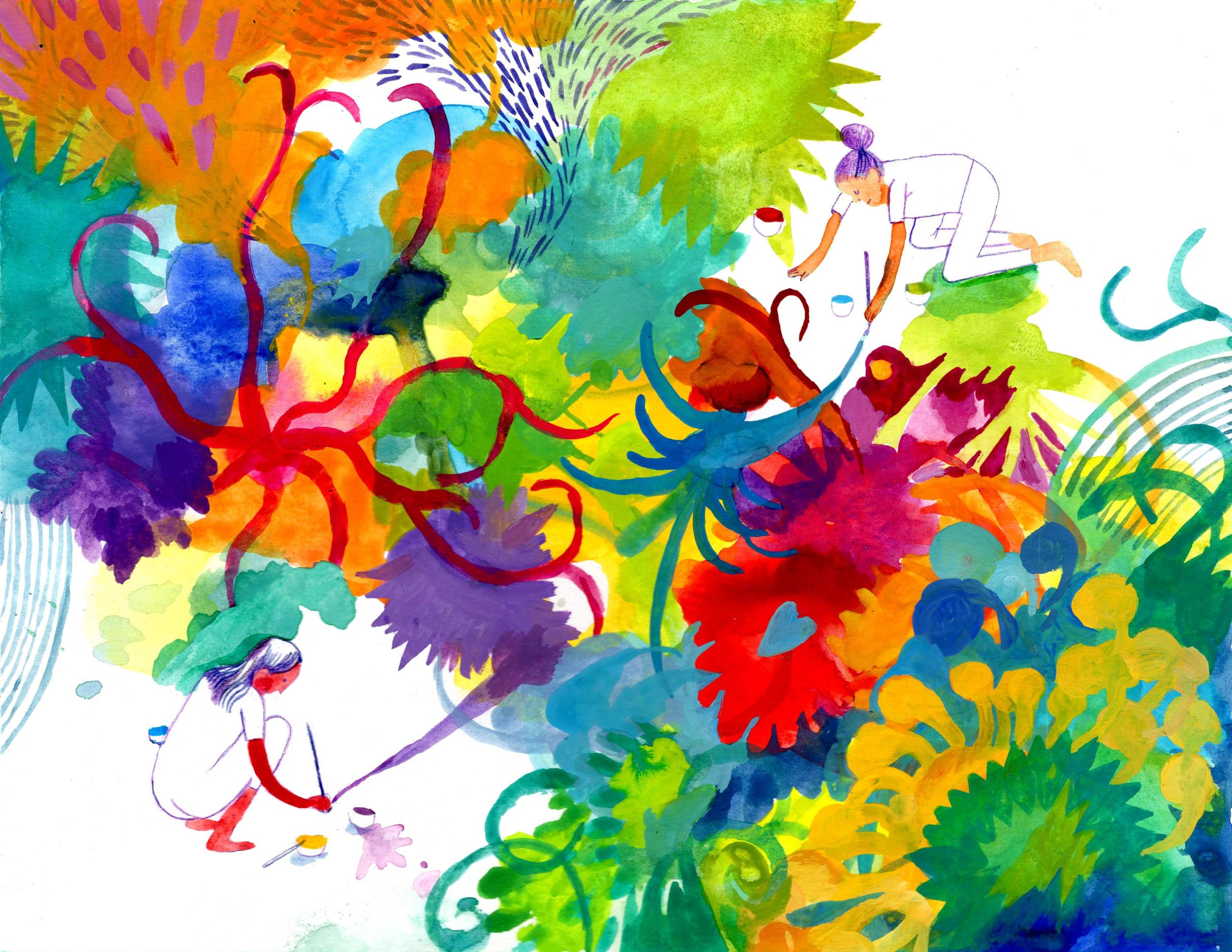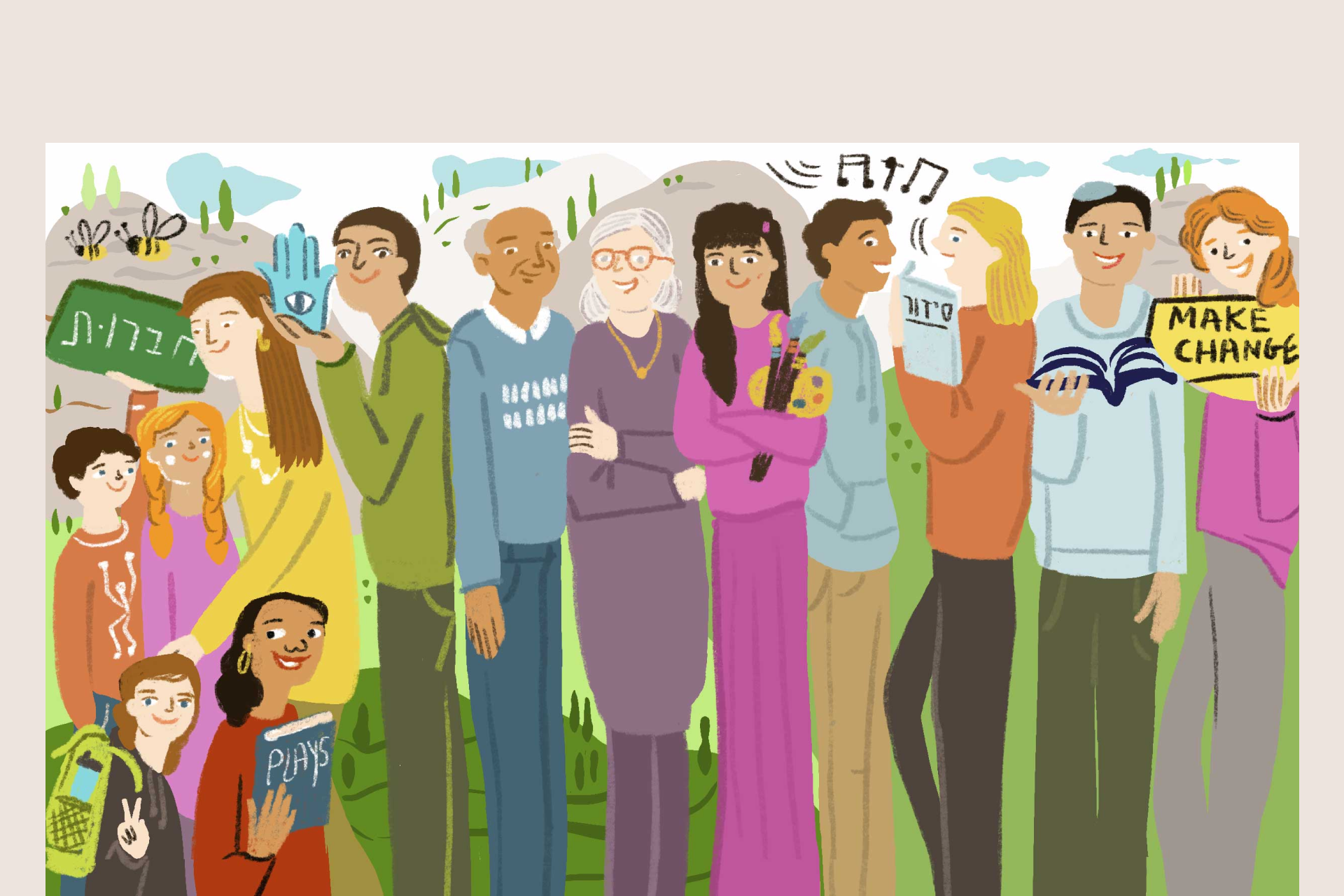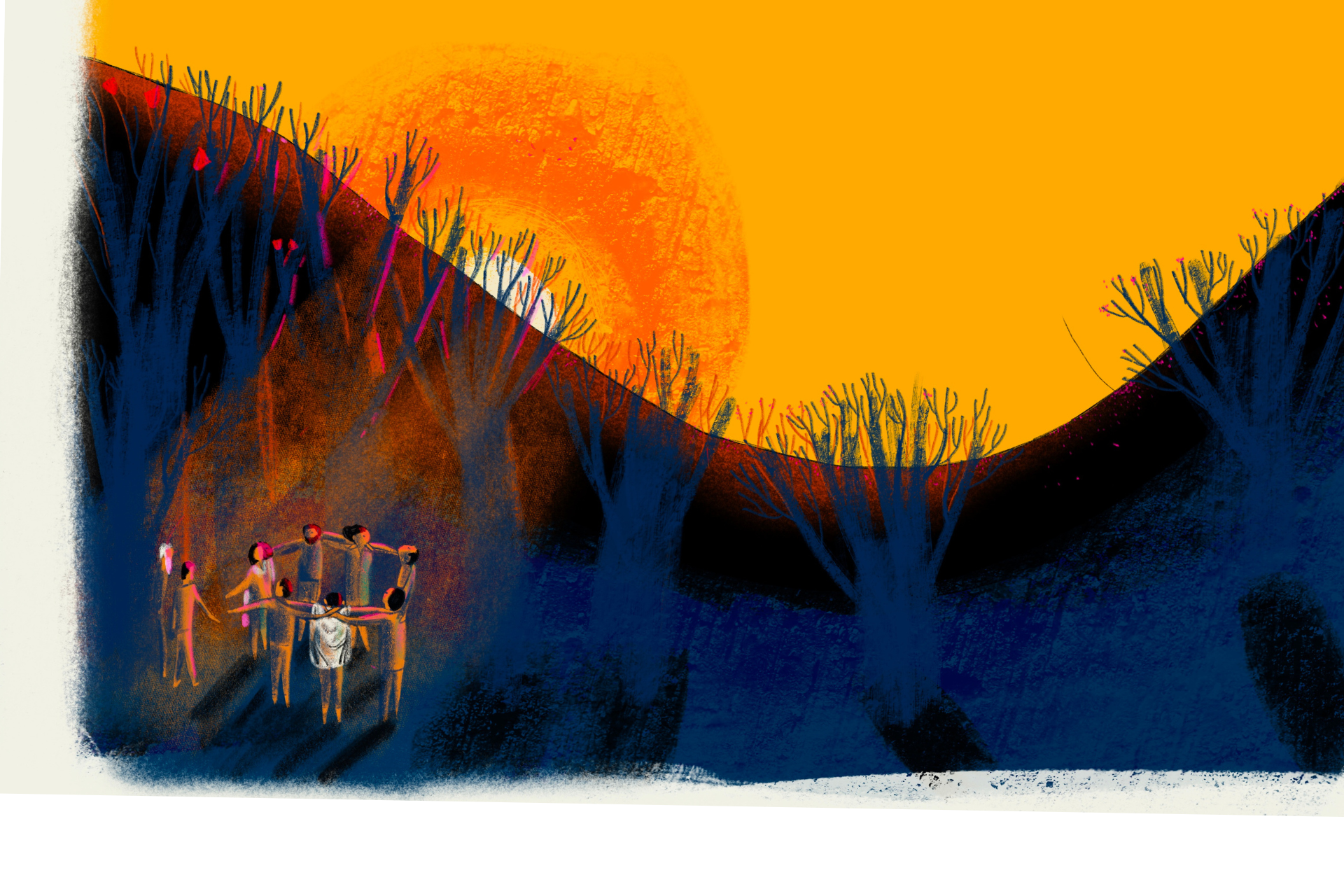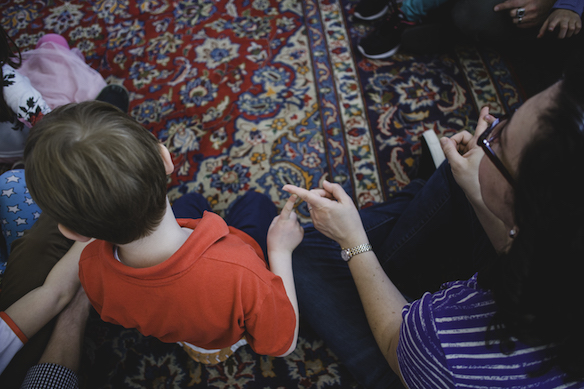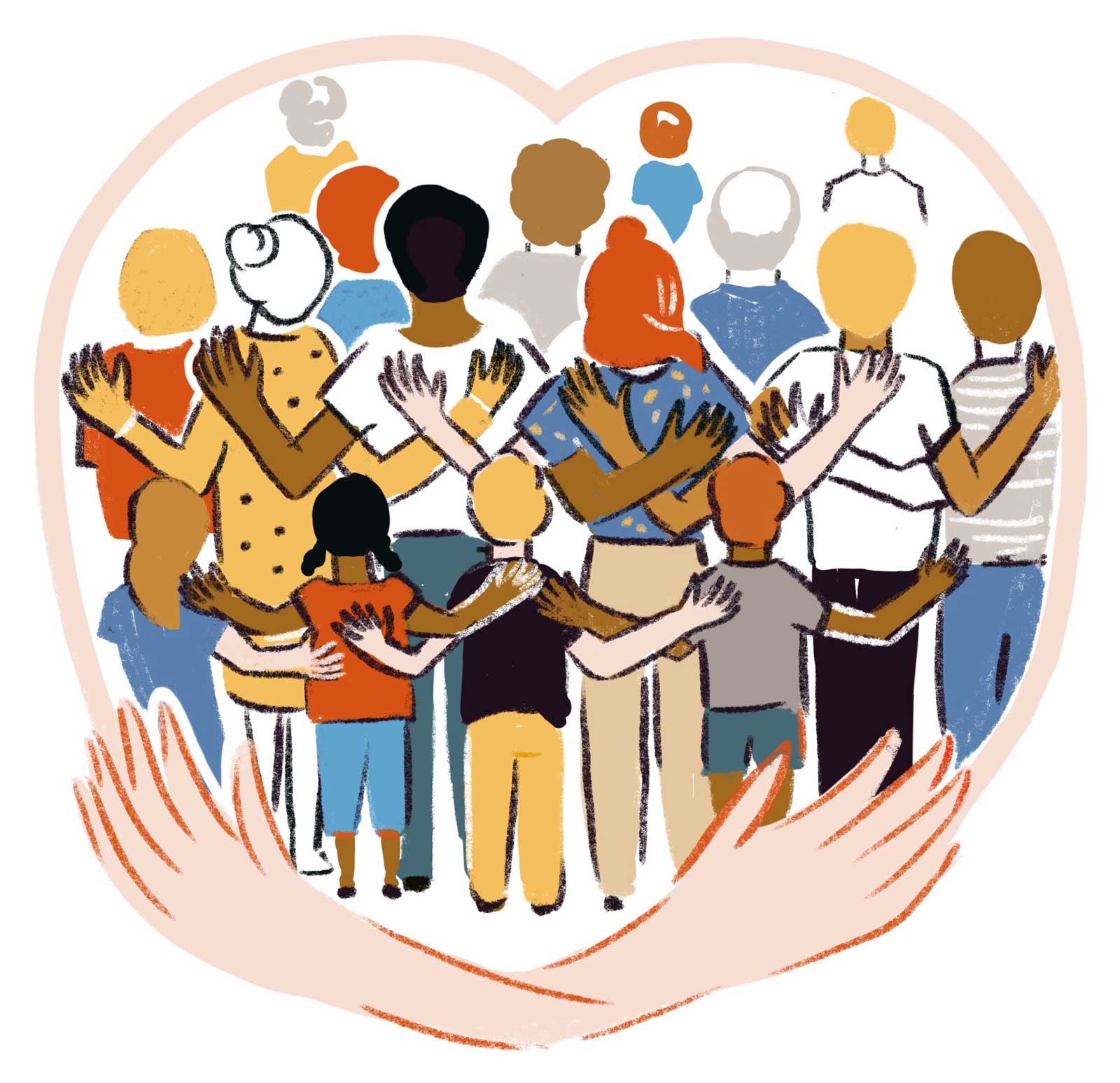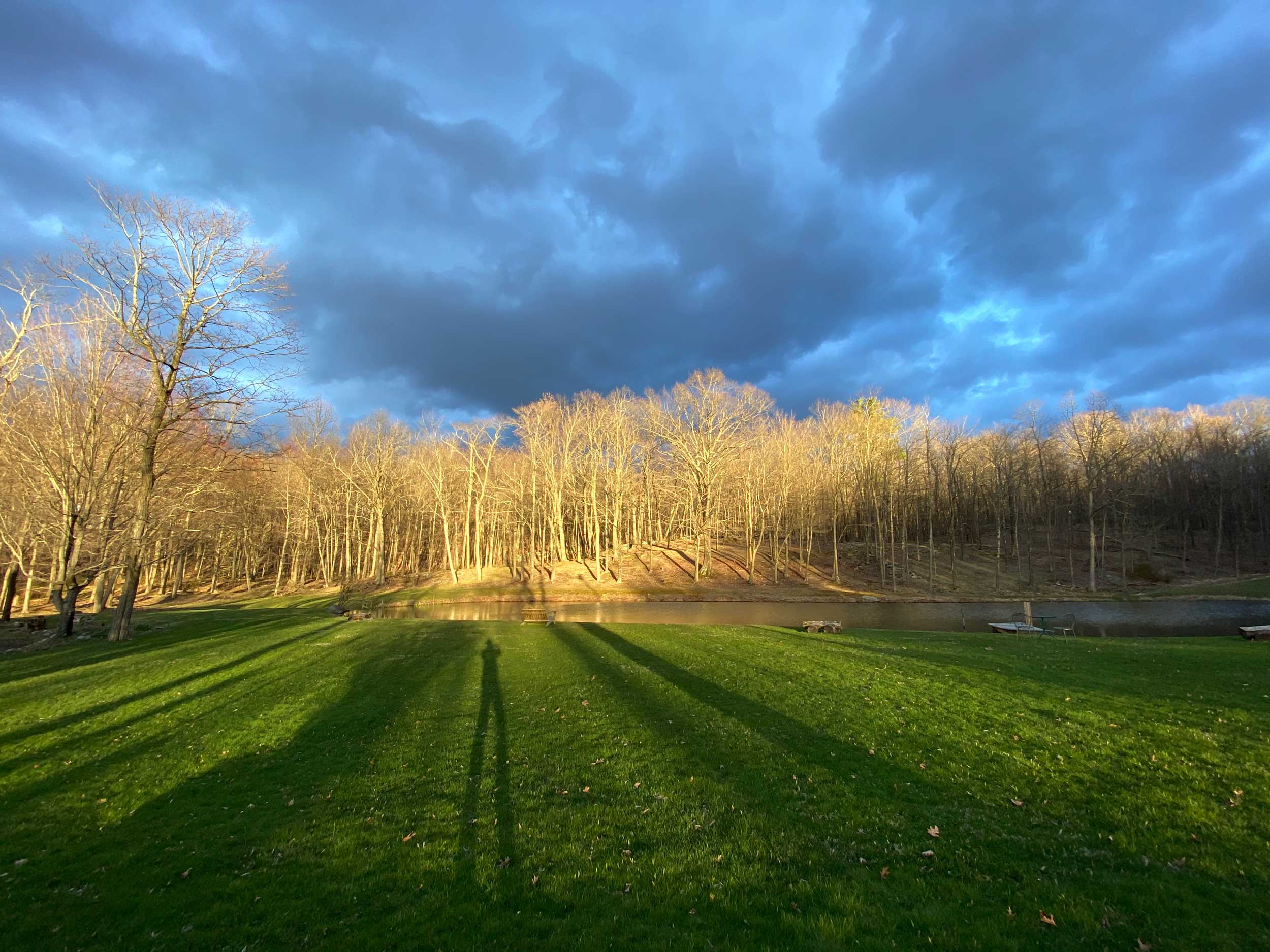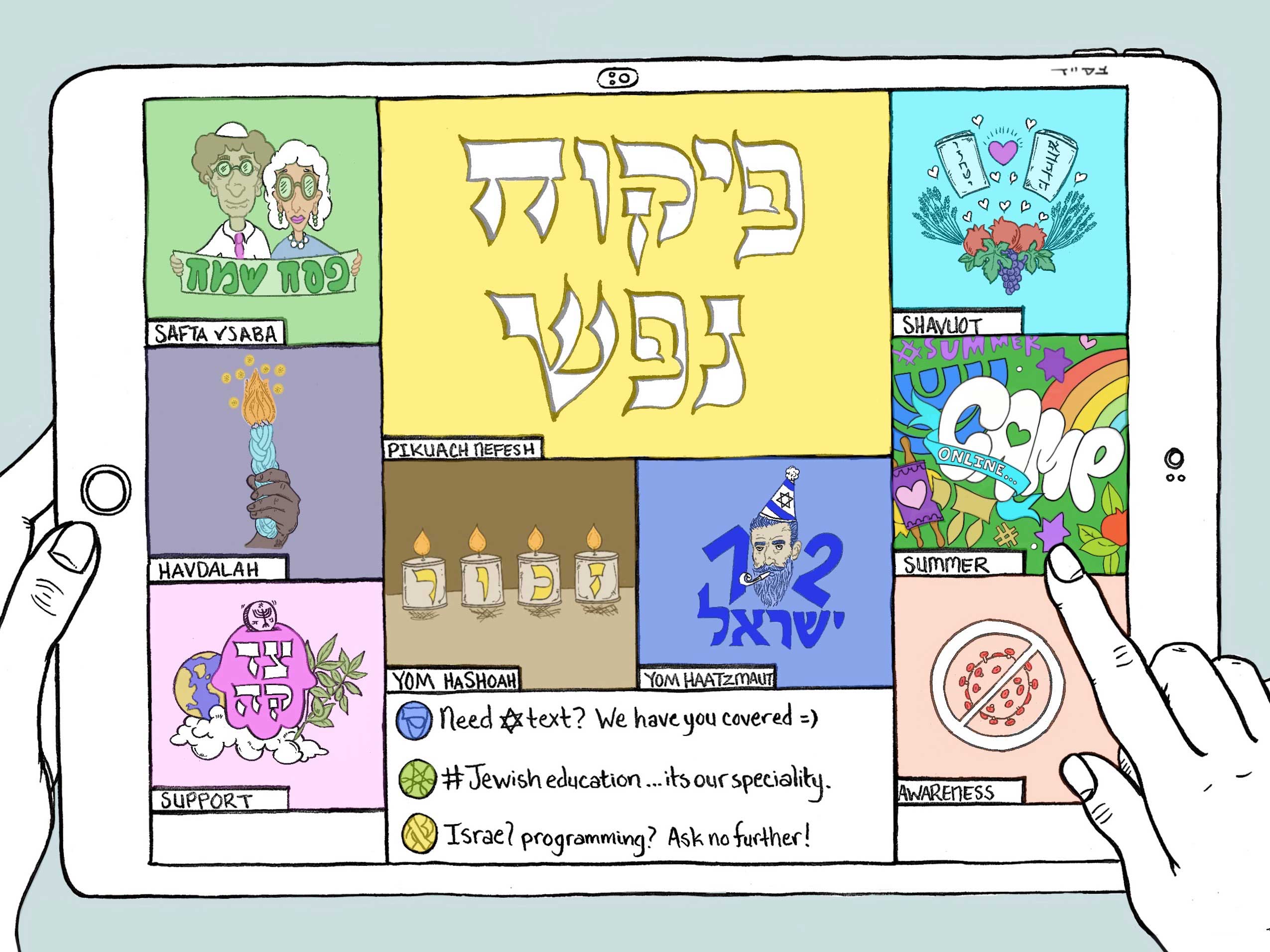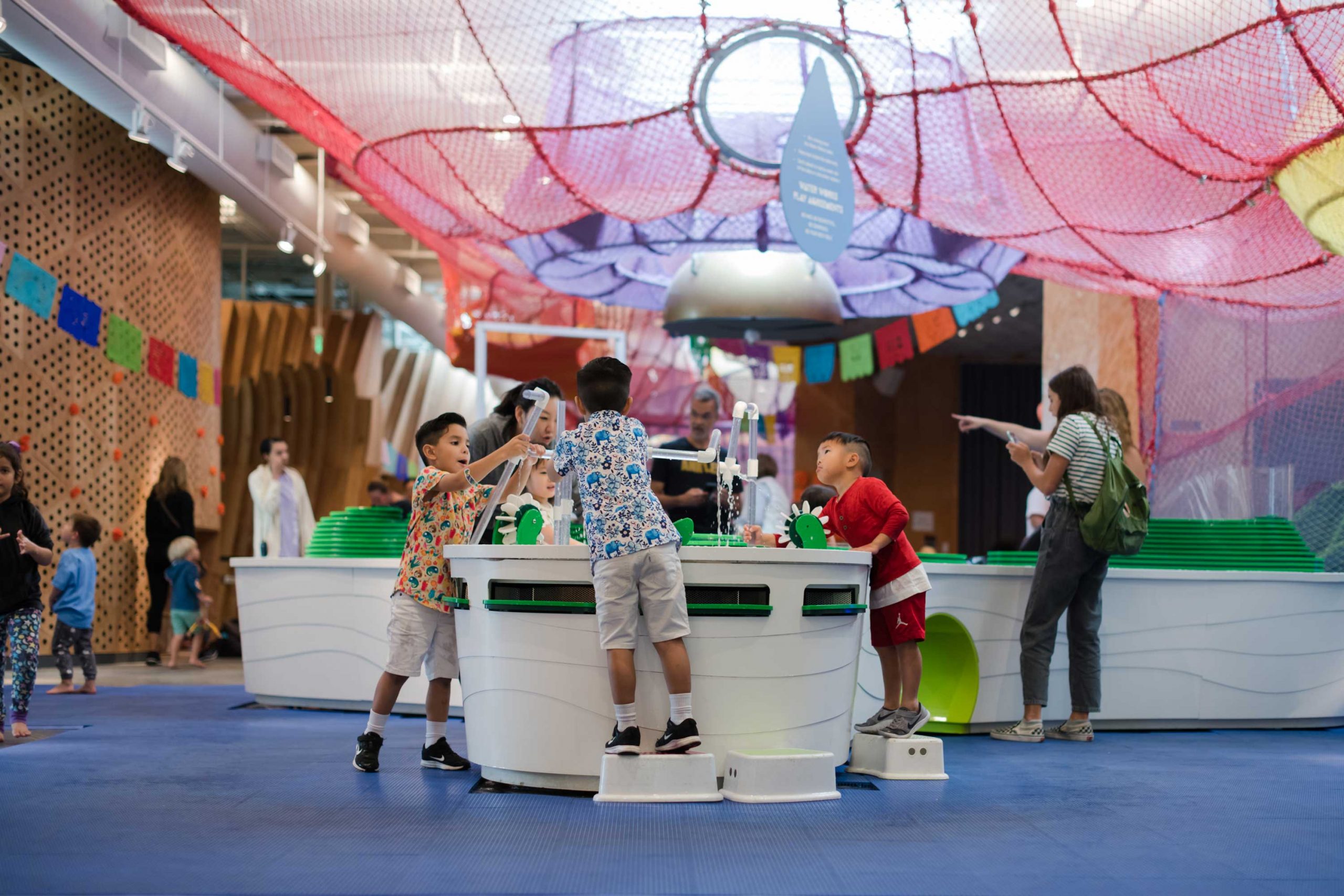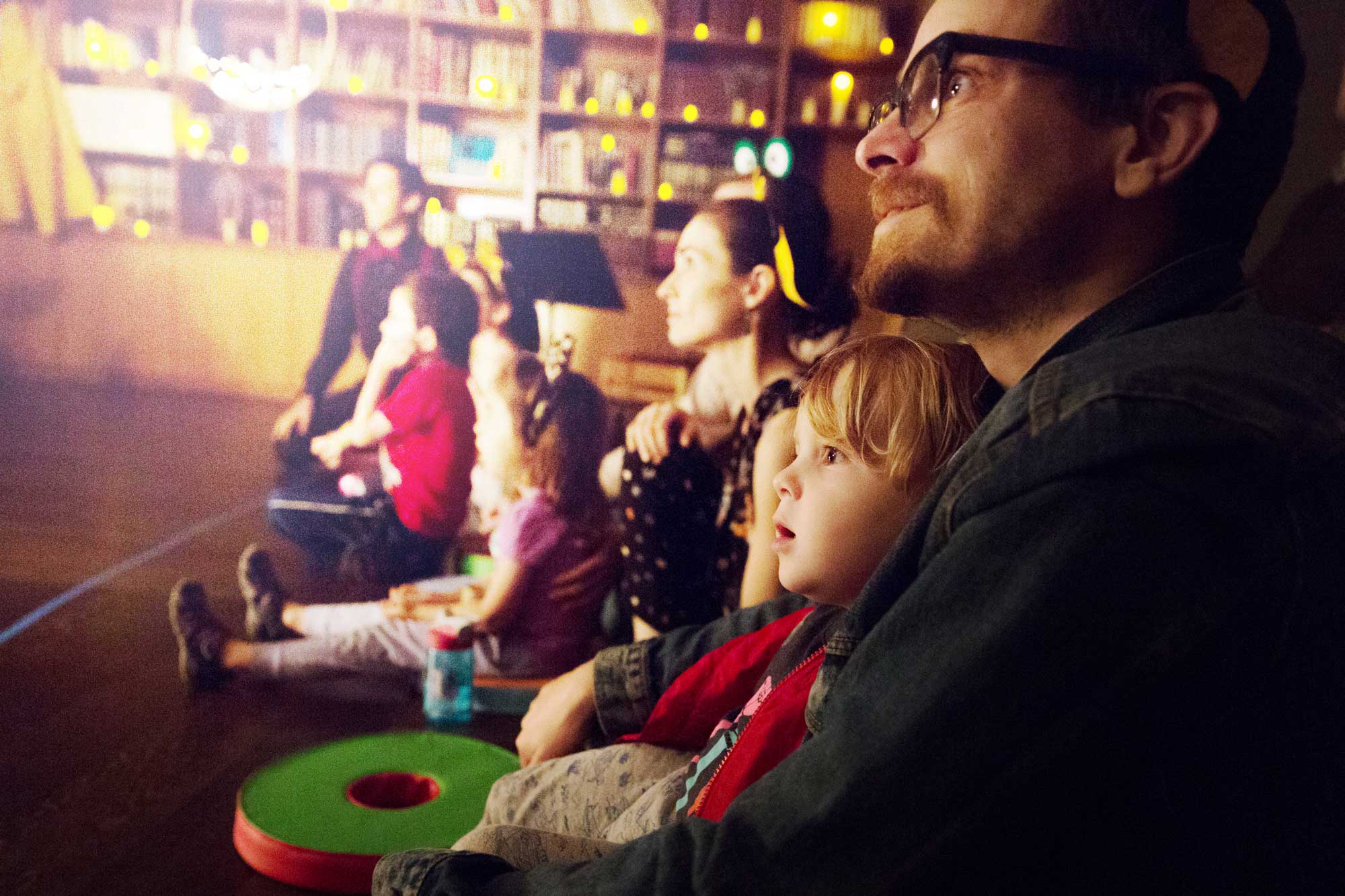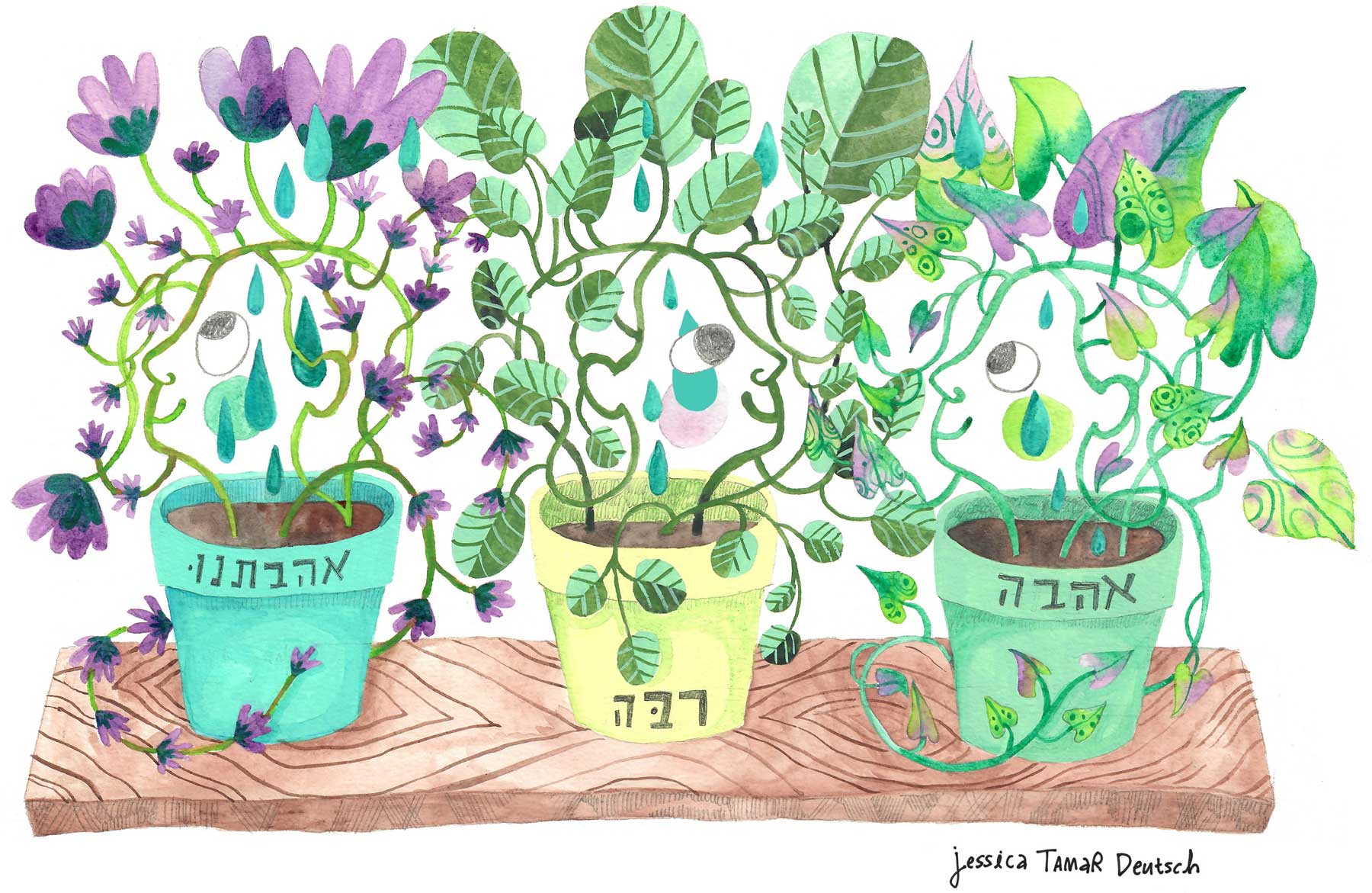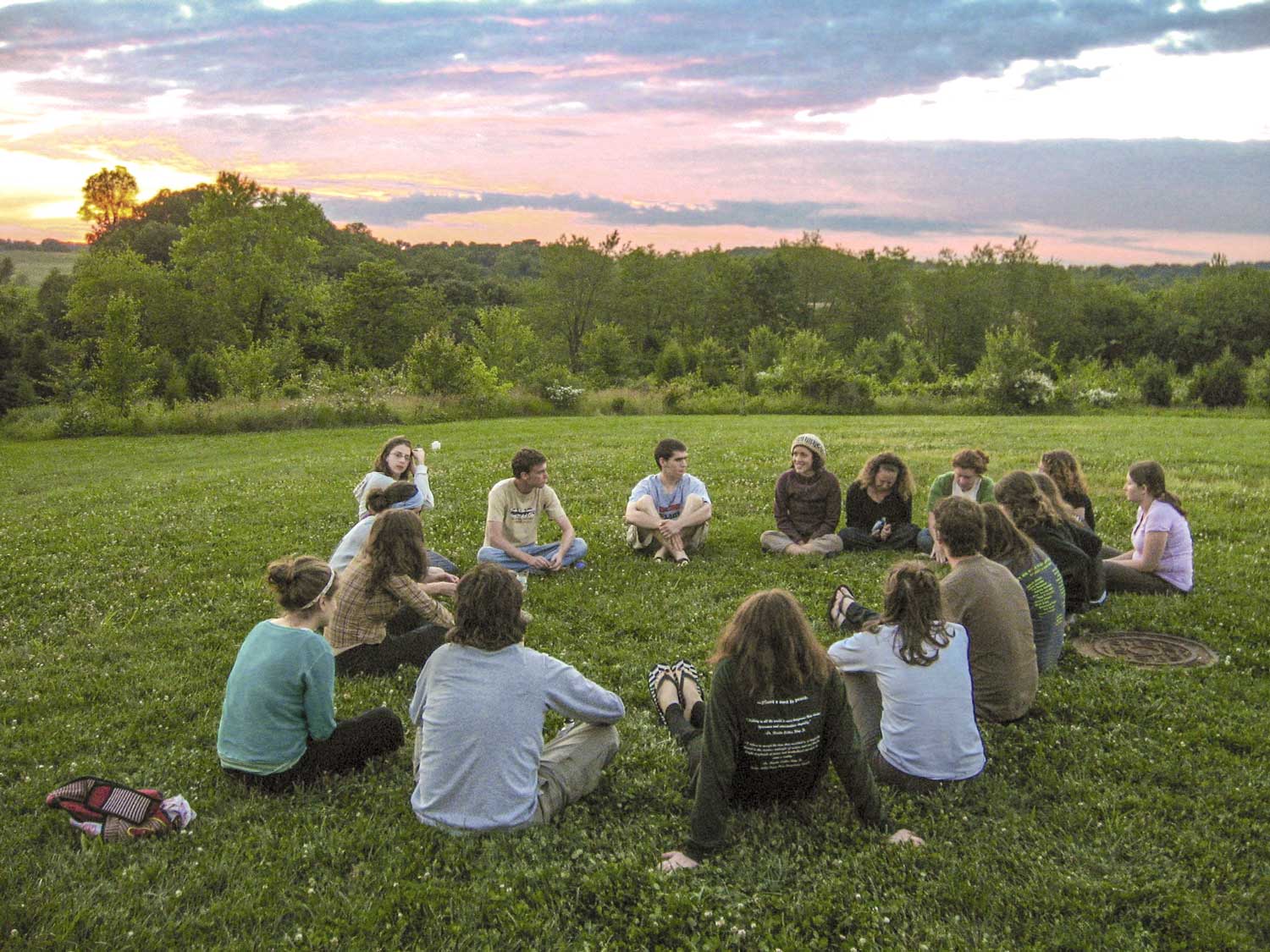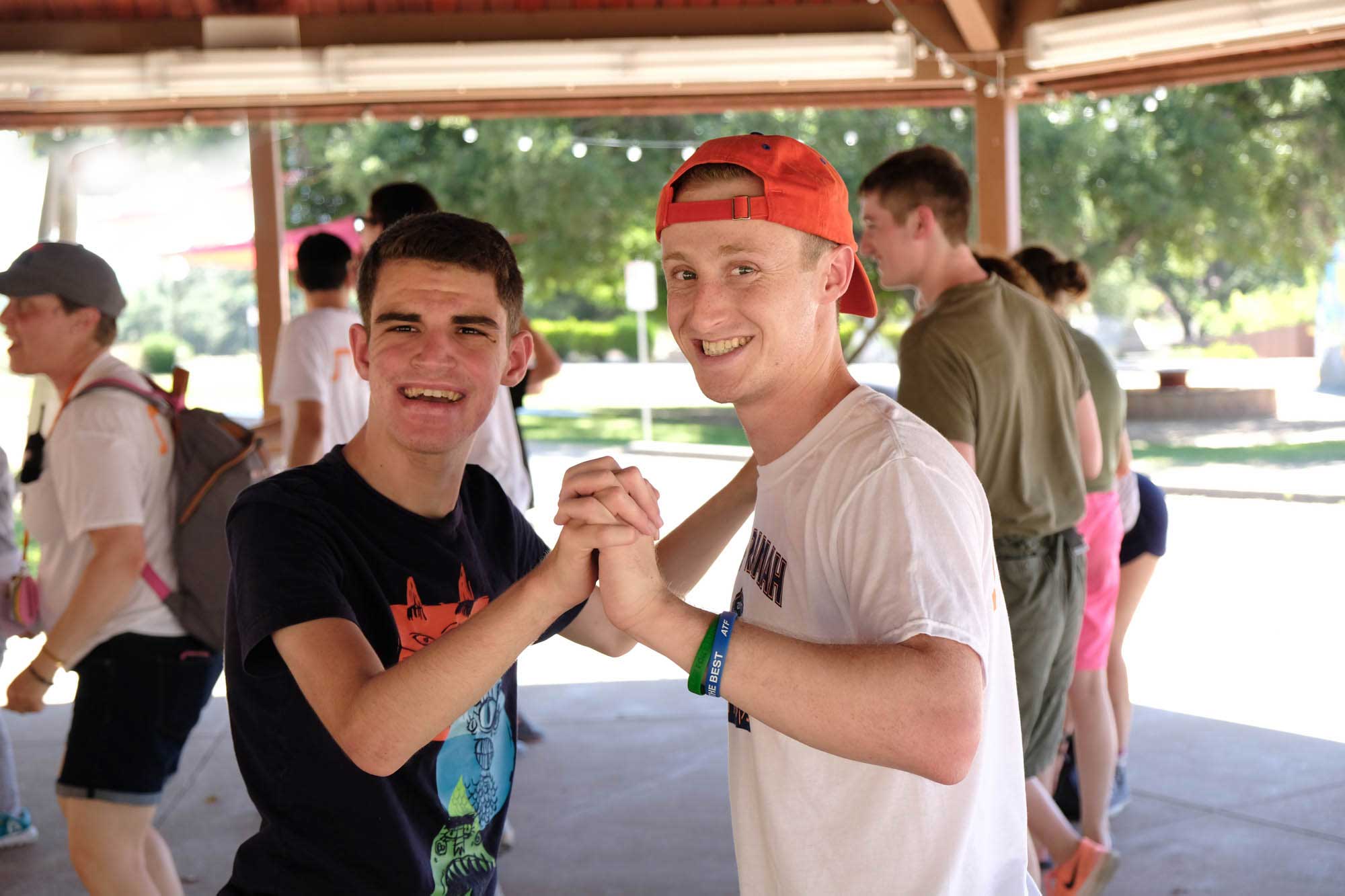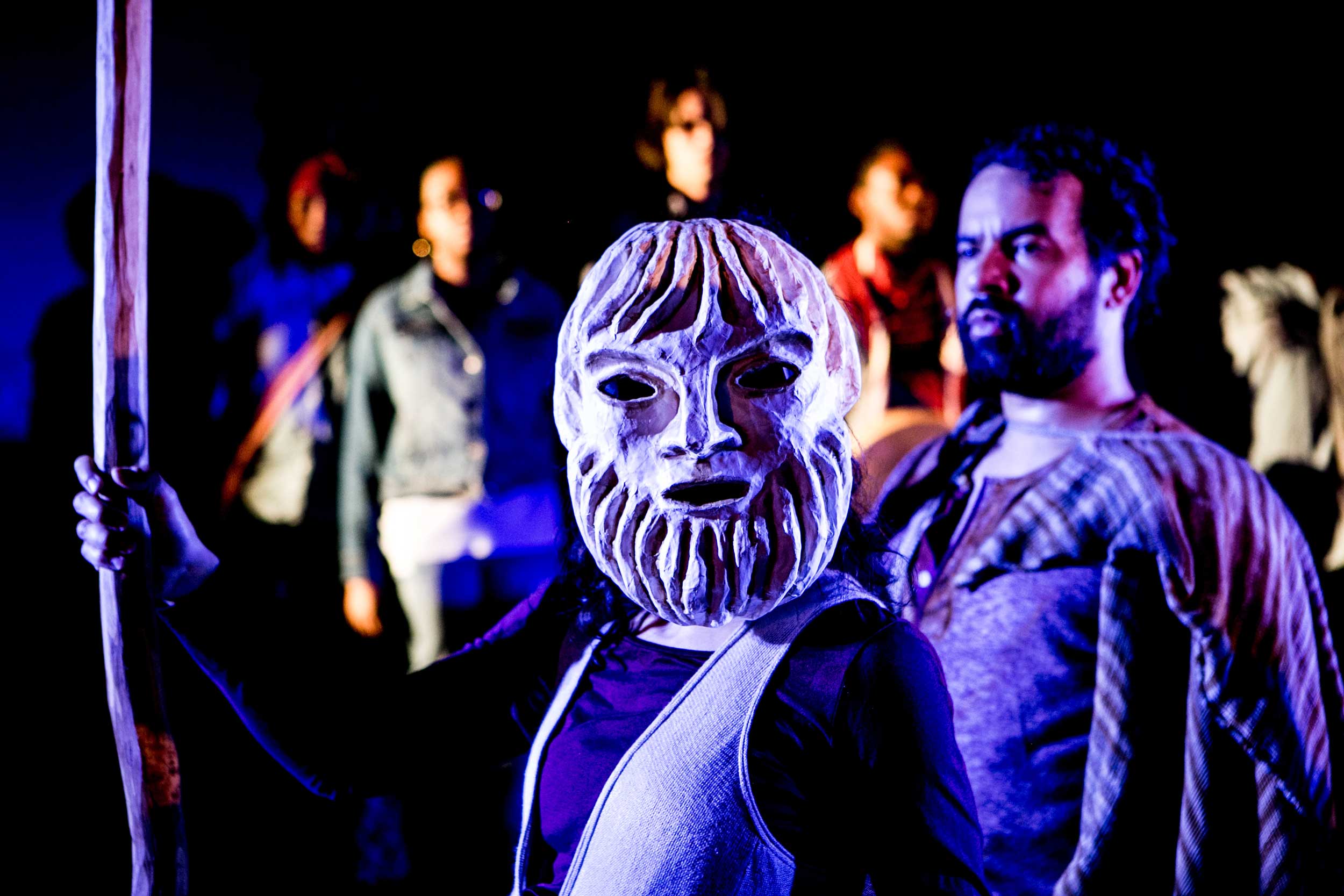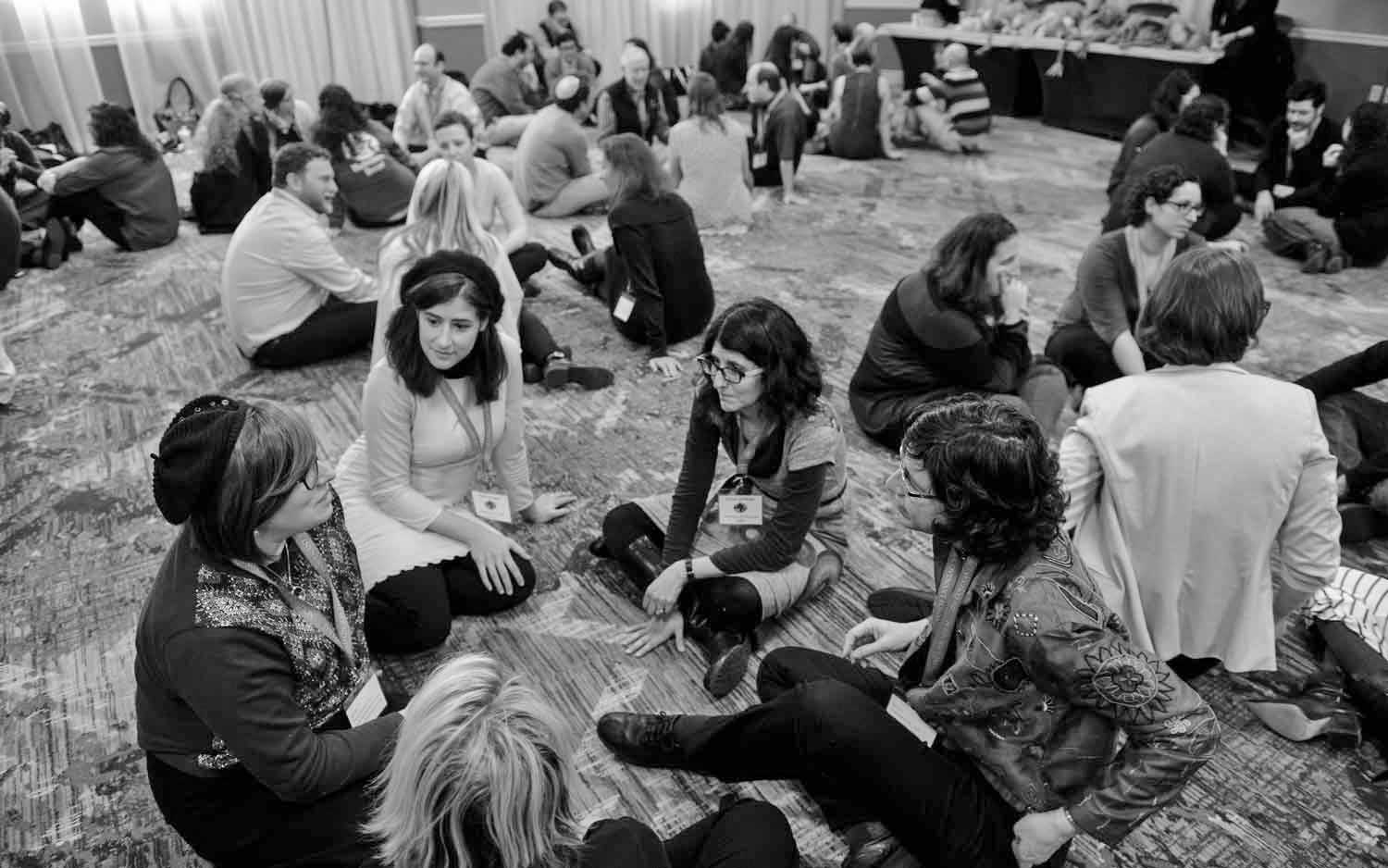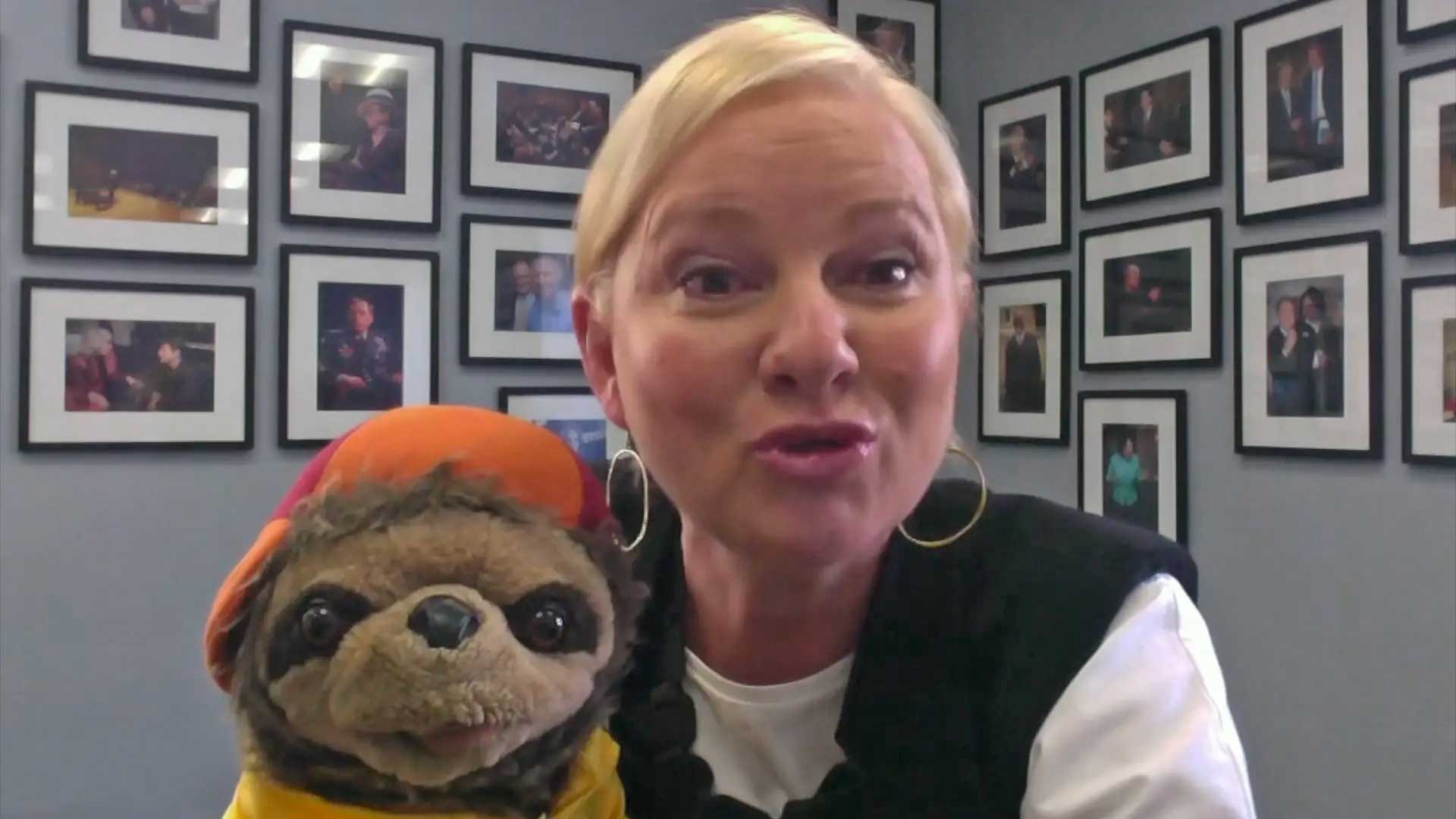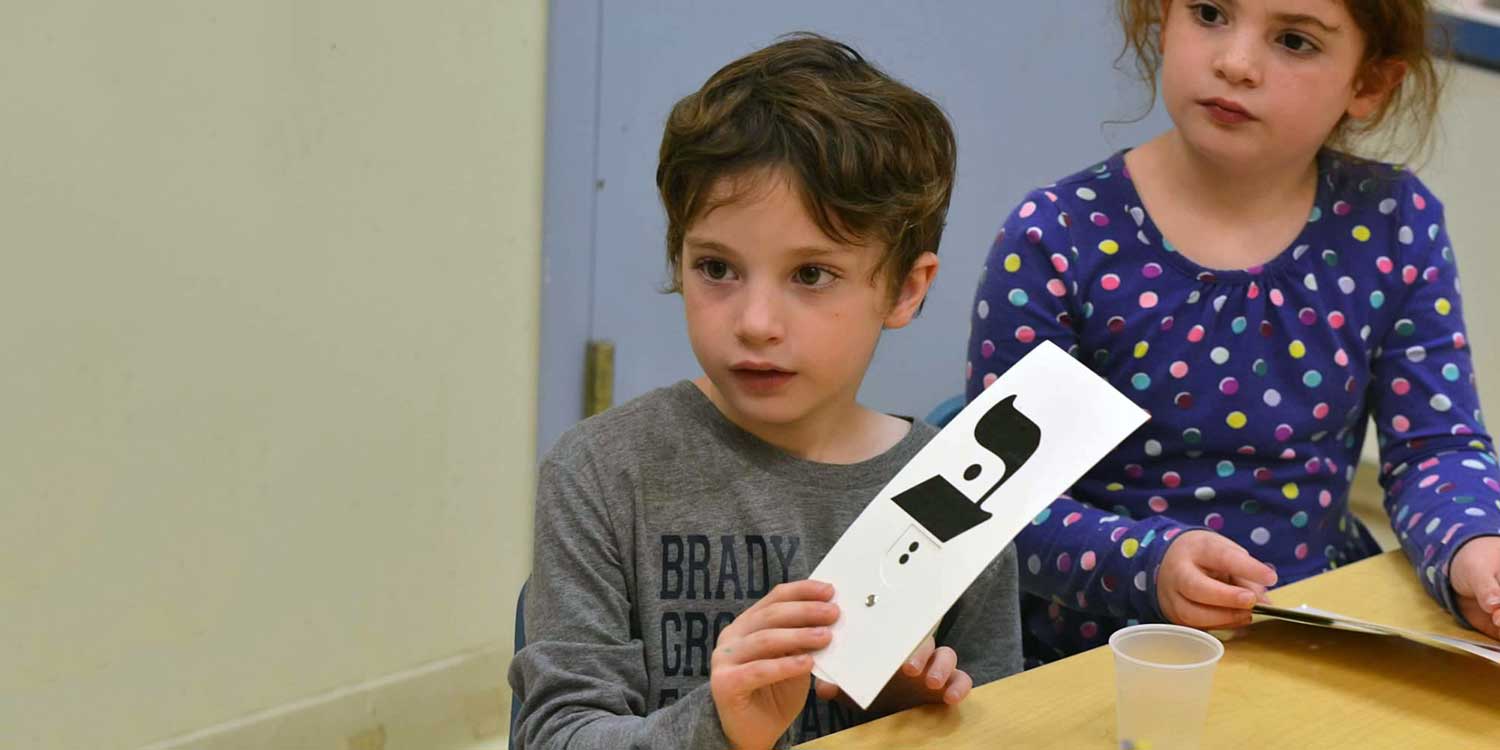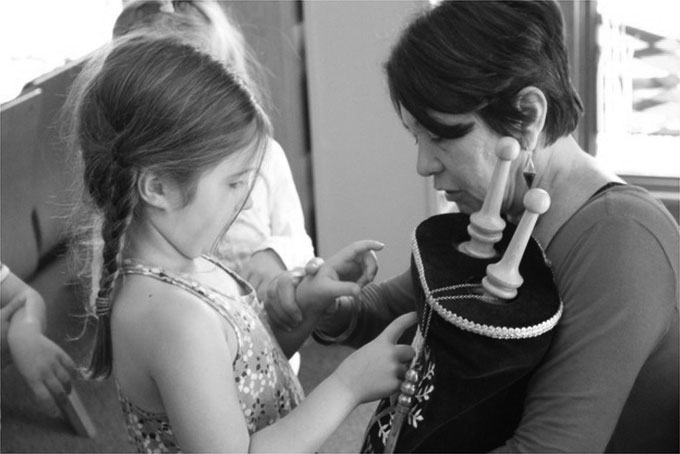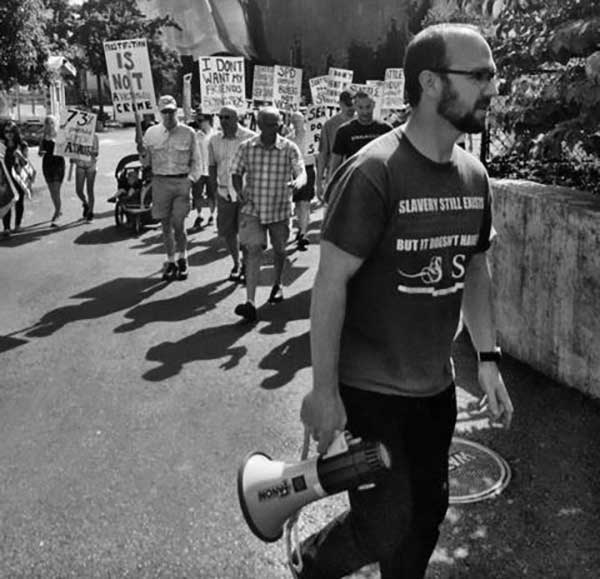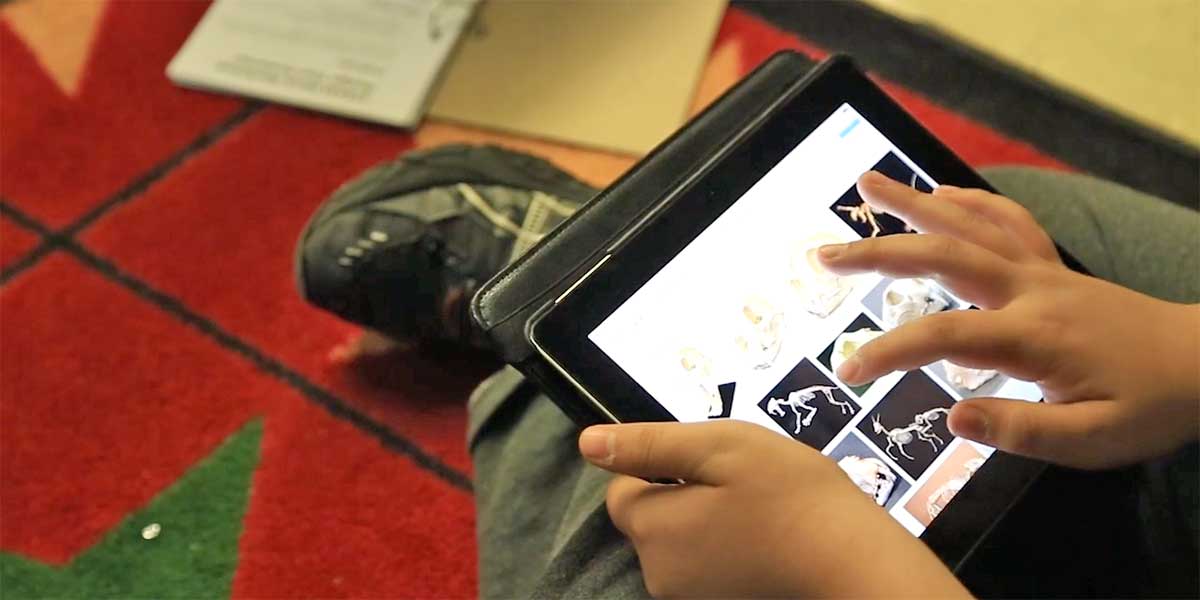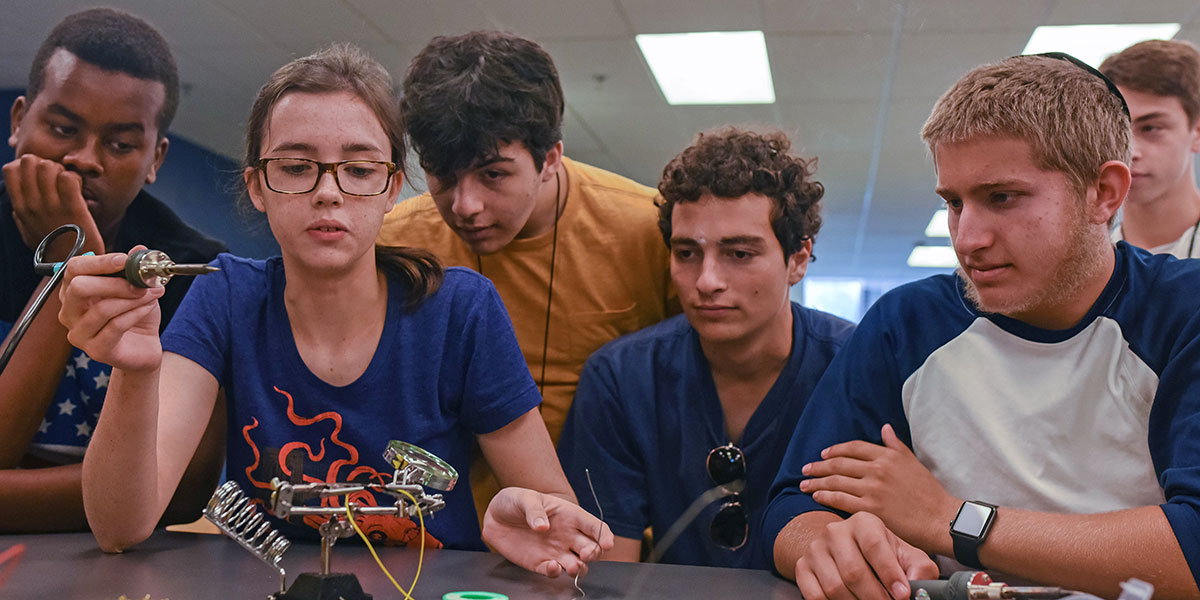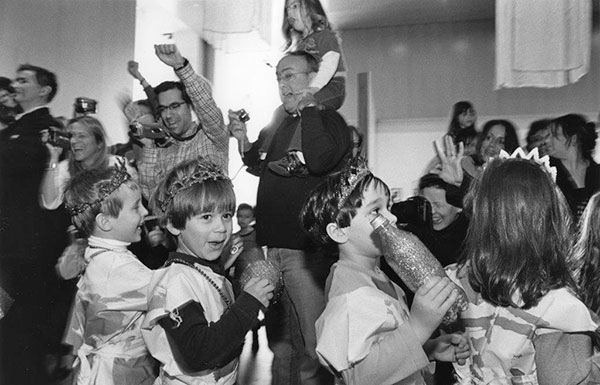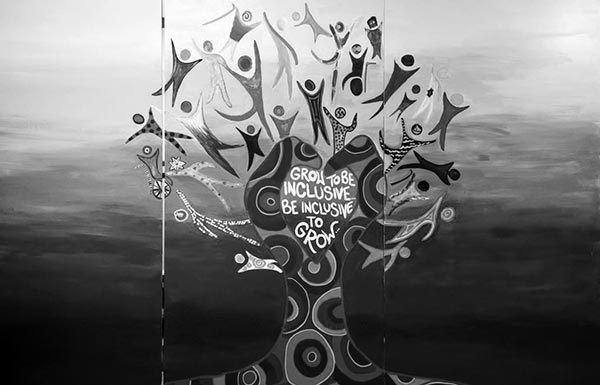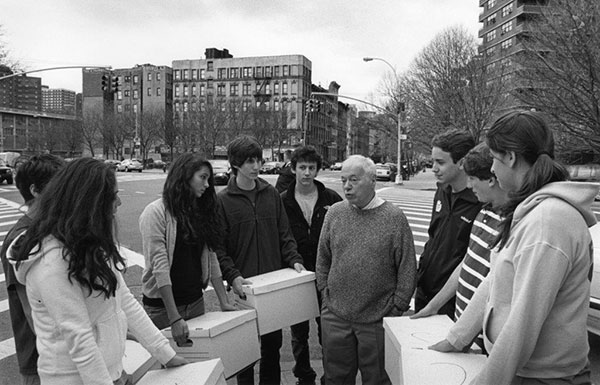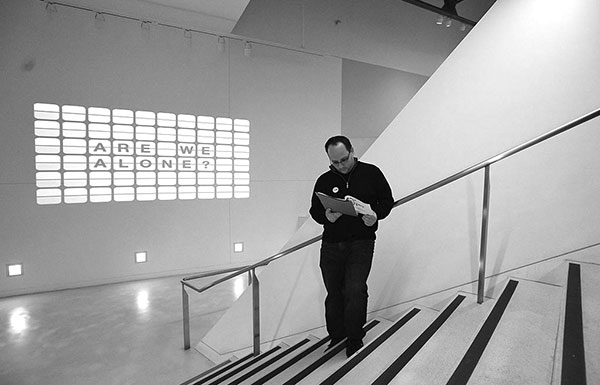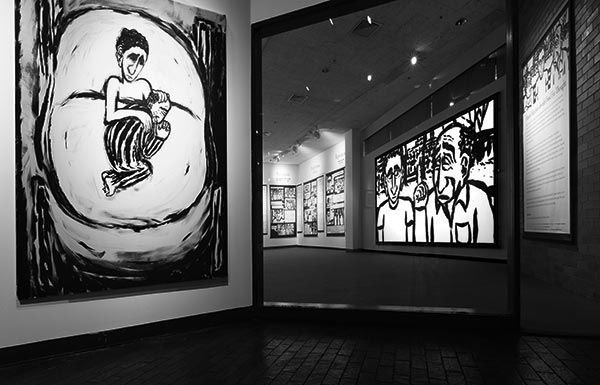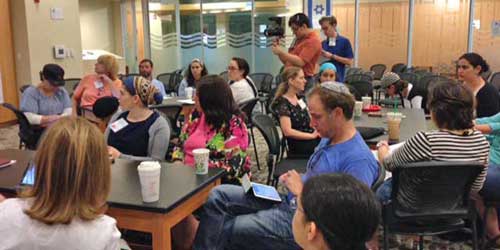
ARTICLE Playing in the Sandbox: Project-Based Learning Takes Root
Educators don’t often get to play with clay, Silly Putty, and glitter. But at Summer Sandbox they do, all in a purposeful way as they reimagine their classrooms as centers of passionate and creative education.
So it was that Jewish educators from around the country gathered for Summer Sandbox last July to brainstorm on using project-based learning (PBL) and other out-of-box pedagogies to change their schools.
That explains why facilitators presented participants with a Frisbee, a stuffed bear, a paddleball set, a costume, and other objects and challenged them to imaginatively develop interdisciplinary lessons to cultivate creativity.
One group planned a curriculum that looked at Jewish history through the lens of fashion and what it reveals about culture. It included a debate about modern standards of dress and Jewish notions of modesty.
Another group – leveraging the stuffed bear – explored the sensory-laden story of Jacob and Esau. The group designed an interdisciplinary lesson including a charge to students to design a gift for a visually impaired person.
Summer Sandbox is filled with such PBL components. Funded in part by The Covenant Foundation and hosted last summer at Yeshivat Noam in Paramus, NJ, it is a remarkably innovative professional development program for Jewish educators from a variety of settings.
Participants come to instigate culture change, to dream expansively, and to walk away with the tools, ideas, and connections that enable them to be change makers in their schools.
In one exercise, titled “The Ten Billion Dollar Challenge” attendees were asked to determine how to allocate significant dollars towards programs they considered most critical to Jewish schools.
Ideas included a super bus to take students on any field trip imaginable; a department to create apps as needed for all disciplines; flexible learning spaces; quiet learning spaces; interdisciplinary learning; soundproof rooms to record and video; fully-equipped Maker, science, and Fab labs; and, gaming rooms.
Game-based learning – a current topic among 21st century Jewish educators – also entered the mix as a key creative teaching and learning tactic. Barry Joseph, Associate Director of Digital Learning at the American Museum of Natural History, led participants in a workshop that taught them about game mechanics and how games can enhance student engagement.
Another session examined the different types of learning labs that schools have established. Jewish Community Day School of Rhode Island Head of School Adam Tilove described the school’s Design Lab, a place where students in grades K-5 use design thinking to ideate, prototype, and collaborate. Magen David Chief Academic Officer and Summer Sandbox organizer, Tikvah Wiener, described RealSchool, an inquiry-based learning program at The Frisch School.
To keep the conversation active, Summer Sandbox launched the I.D.E.A. Schools Network for Jewish and independent schools interested in implementing PBL and sparking creativity in students.
The Network, founded by Eliezer Jones, Ph.D., of Valley Torah High School in Los Angeles, and Tikvah Wiener, involves continuous follow up with Sandbox participants. For more information about the I.D.E.A. Schools Network, visit http://ideaschoolsnetwork.com.
Jewish educators explored the ways that project-based learning can unleash creativity in the classroom and beyond at Summer Sandbox, a professional development program that took place in July with funding from The Covenant Foundation.
By Glenn Rosenkrantz, for The Covenant Foundation
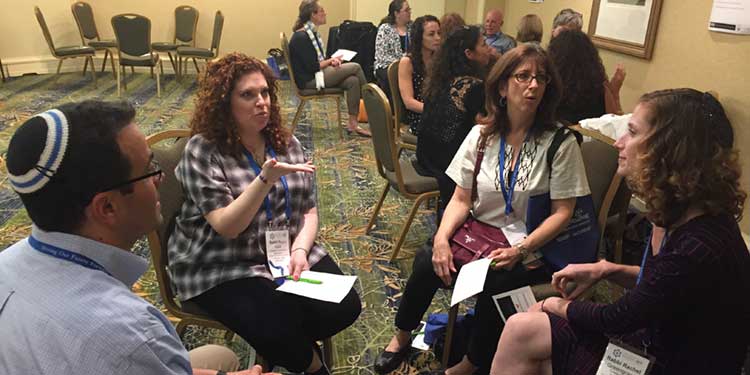
992
